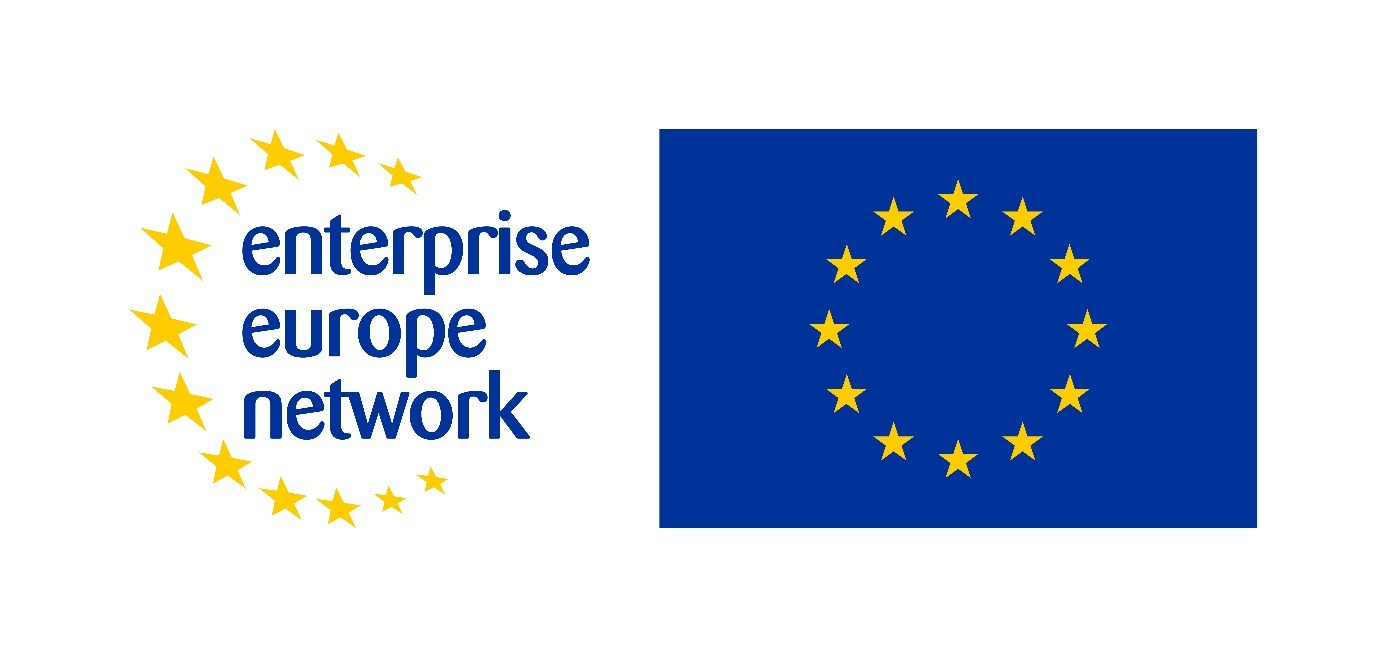In September 2024, Mario Draghi, former President of the European Central Bank (ECB) and former Italian Prime Minister, presented Commission President Ursula von der Leyen with a report on his personal vision of the future competitiveness of the EU. The Draghi report contains short- and medium-term recommendations to meet the economic challenges within the EU and strengthen the EU's economic position in the world. Beci would like to inform Brussels-based companies about these challenges and about how the report can be turned into an action programme so that they can focus their expansion strategy and benefit fully from the implemented measures.
In January, the new European Commission presented the competitiveness compass, which aims to turn Mario Draghi's report into a roadmap. This initiative provides a strategic framework to guide the Commission's work. Its goal is for Europe to become the place where clean technologies, services and products of the future are invented, manufactured and brought to market, while at the same time being the first continent to become climate neutral.
Over the past two decades, Europe has failed to keep pace with other major economies due to a persistent gap in productivity growth. The EU has what it takes to reverse this trend, with its talented and educated workforce, its capital, its savings and its single market, provided it acts quickly to tackle the obstacles and structural weaknesses that are holding it back.
Three main areas for action: innovation, decarbonisation and security
The Draghi report identified three areas of transformation to boost competitiveness, and the compass defines an approach and a selection of key measures to translate each of these areas into concrete action:
1. Closing the innovation gap:
The EU must boost its innovation engine. It will create an environment conducive to the growth of innovative start-ups, encourage industrial leadership in high-growth sectors based on cutting-edge technologies and promote the dissemination of technologies to established companies and SMEs. In this respect, the Commission will propose ‘AI Gigafactories’ and ‘Applying AI’ initiatives to stimulate the development and industrial adoption of AI in key sectors. It will present action plans for advanced materials, quantum, biotechnology, robotics and space technologies. A specific EU strategy for start-ups and scale-ups will tackle the obstacles preventing their emergence and expansion. A proposal for a new legal regime will simplify the applicable rules, including aspects of company law, insolvency law, labour law and tax law. This will enable innovative companies to benefit from a single set of rules wherever they invest and operate in the single market.
2. A shared roadmap for decarbonisation and competitiveness:
The compass identifies high and volatile energy prices as a major challenge and defines areas of intervention to facilitate access to clean and affordable energy. The next Clean Industrial Deal will set out a competitiveness-driven approach to decarbonisation, aiming to make the EU an attractive place for manufacturing, including energy-intensive industries, and to promote clean technologies and new circular business models. An affordable energy action plan will help bring down energy prices and costs. In addition, the compass foresees tailor-made action plans for energy-intensive sectors such as steel, metals and chemicals, which form the backbone of the European manufacturing system but are the most vulnerable in this phase of the transition.
3. Reducing excessive dependence and increasing security:
The EU's ability to diversify and reduce its dependencies will depend on effective partnerships. The EU already has the largest and fastest growing network of trade agreements in the world, covering 76 countries which account for almost half of EU trade. To further diversify and strengthen supply chains, the compass refers to new types of clean trade and investment partnerships to help secure the world's supply of raw materials, clean energy, sustainable transport fuels and clean technologies. Within the single market, the revision of public procurement rules will allow the introduction of a European preference in public procurement for critical sectors and technologies.
Five horizontal catalysts for competitiveness
The three pillars are complemented by five horizontal catalysts, essential to support competitiveness in all sectors:
1. Simplification:
The regulatory and administrative burden will be significantly reduced. Procedures for accessing EU funds and EU administrative decisions will be simpler, faster and lighter. The forthcoming ‘Omnibus’ proposal will simplify disclosure of sustainability information, due diligence and taxonomy. The compass sets the objective of reducing the administrative burden for businesses by at least 25% and for SMEs by at least 35%.
2. Reducing obstacles in the single market:
A horizontal strategy for the single market will modernise the governance framework, removing obstacles within the EU and preventing the creation of new ones. Standardisation processes will be faster and more accessible, particularly for SMEs and start-ups.
3. Financing competitiveness:
The EU lacks an efficient capital market that turns savings into investment. The Commission will work towards a European savings and investment union to create new savings and investment products, encourage private equity and ensure the fluidity of investment across the EU.
4. Promoting skills and quality jobs:
To ensure a good match between skills and labour market demands, the Commission will present an initiative focusing on investment, adult education and training, skills retention, fair mobility, attracting and integrating skilled talent from abroad and recognising different types of training to enable people to work across the Union.
5. Better coordination of policies at EU and national level:
The Commission will set up a competitiveness coordination tool, which will work with Member States to ensure the implementation of the EU's common strategic objectives, identify cross-border projects of European interest and pursue related reforms and investments. A Competitiveness Fund will replace several existing EU financial tools with similar objectives.
As the Enterprise Europe Network contact point for companies in Brussels, Beci and its Enterprise Europe Brussels experts help companies to develop their activities within the European single market and benefit fully from its advantages.
Contact Beci - Enterprise Europe Brussels for any information or advice.
